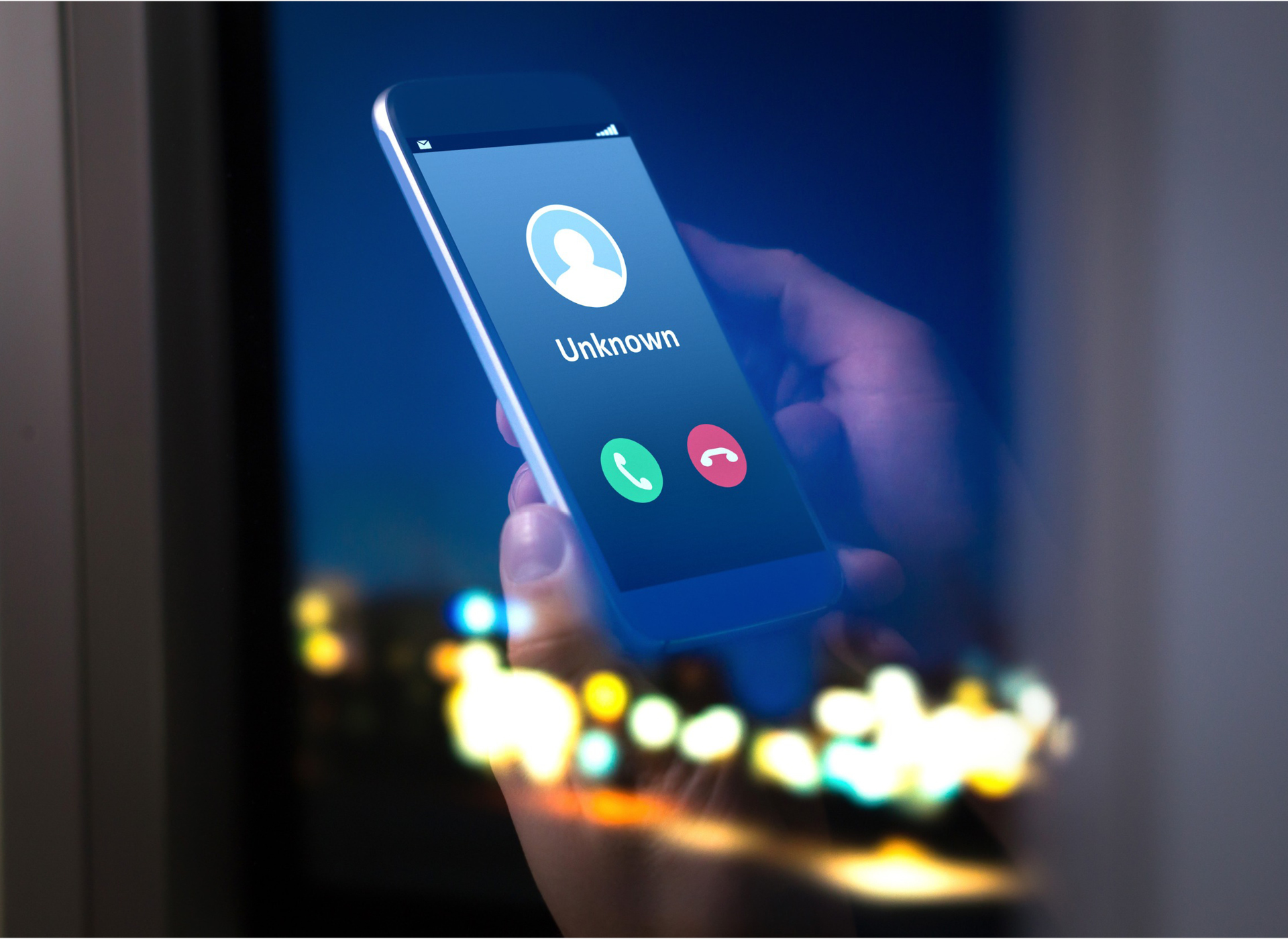Alert! Ransom Scams Target Parents
A missing child is every parent’s worst nightmare. In a single moment, your world could be completely turned upside down and the next steps may be hard to find. Your main goal is simple: to find your missing child and have them home with you again, oftentimes, no matter what it takes.
You may not consider that during this difficult time, someone could use the situation to take advantage of you.
But, unfortunately, they might.
Recently, here at the National Center for Missing & Exploited Children, we’ve seen some cases where scammers are targeting parents of missing children in their most vulnerable moments, using personal phone numbers and information to make it seem like they know where their child is.
But how do they do it?
Many times, the culprits behind these types of scams use some type of web crawler, a type of internet bot, to search the internet and alert them to specific keywords or phrases online, like “missing” or “missing child.” This can lead them to social media posts made by family members that contain personal information, such as phone numbers or even email addresses.
After they have your contact details, they reach out via social media or use third-party calling or messaging apps to contact your family and make ransom demands.
Although each case is different, the scammers often lie to parents, telling family members that they have their loved one and will not release them until a ransom demand is met, even though they’ve never actually met the child. Most often, they demand money or gift cards, ranging in price. In the scams tracked by NCMEC, we have seen certain repeat amounts demanded, such as $3,000, $7,000 or $10,000 U.S. dollars.
Since 2020, NCMEC has become aware of approximately 50 of these types of scams. However, there may be instances that have not been reported to us.
Although the idea that someone could attempt and take advantage of this situation is scary, there is one step you can take to try and avoid this type of scam.
Given the frequency of scams demanding a hoax ransom, NCMEC encourages families to rely on us to create and distribute posters. If families do choose to create their own posters, NCMEC cautions parents against including their personal phone number or email address on the poster.
Instead of your own personal information, consider including the phone number for the investigating agency. If you’re working with NCMEC, you can direct tipsters to our 24/7 hotline, 1-800-THE-LOST.
To learn more about how NCMEC creates and disseminates posters, we created this brand-new information flyer for families, where they can find information, tips and warnings regarding missing posters both before and after recovery.
If your child is missing and something like this does happen to you, immediately report the occurrence to law enforcement, and if you’re working with NCMEC, let your case manager know.
It’s important to keep all documentation of the emails, text messages and logs of communication so that law enforcement can review it. Try to keep track of as much information as possible so the appropriate agencies can help you review and determine if the occurrence is actually a scam.
And, as always, the National Center for Missing & Exploited Children is here to help.
To learn more about ways NCMEC can assist your family if your child goes missing, visit our website at https://www.missingkids.org/gethelpnow/isyourchildmissing.
